Archipelago of Souls
Picador, $32.95 pb, 374 pp, 9781743537190
Archipelago of Souls by Gregory Day
An official account of a naval battle off the coast of Crete on 22 May 1941 includes reference to a ‘friendly fire’ incident when ‘HMS Orion was … repeatedly hit by 40mm shots from HMS Dido, which, in the maelstrom, ended up shooting at her comrade’. A few days later, during the evacuation from Heraklion, the crippled HMS Imperial had to be scuttled and, according to one version, some Australian soldiers were left behind on Crete and others went down with the ship.
In the ‘Author’s Note’ to Archipelago of Souls, Gregory Day cautions that, although ‘the research that has gone into this novel has been extensive, it is a work of the imagination and should not be read as history’, but quite possibly his considerable knowledge of the catastrophic 1941 Crete campaign included the separate fates of the Orion, Dido, and Imperial. Fragments of their sorry story, ‘rearranged or relocated’, as Day puts it, could credibly have contributed to his fictional construction of the central event of this novel, the one which haunts the protagonist, Wesley Cress, and, after the war, helps fuel his inclination for reclusiveness and guarded silence.
For all that it intriguingly echoes aspects of the historical events, however, Archipelago of Souls is unquestionably ‘a work of the imagination’, and it is a daring and often poetic imagination that conducts the narrative of Cress’s Cretan ordeal and its peacetime aftermath. He begins with the ‘true horrors of the German landing’:
the shock came from the open sky when hundreds of coloured brollies of the Fallschirmjaeger suddenly appeared over the water.
From that moment on, Hell ruled the island. Tiny Freyberg had expected the Germans to come by sea but instead from the air the brollies came down in a slow insidious drift. Were they dots in front of our eyes, a mirage of the heat? No, they came and then they began to land, to become indisputably real. They fell into quarries and fountains, onto beaches and spits, into lanes and backyards and into dried-up riverbeds.
Continue reading for only $2.50 per week. Subscribe and gain full access to Australian Book Review. Already a subscriber? Sign in. If you need assistance, feel free to contact us.


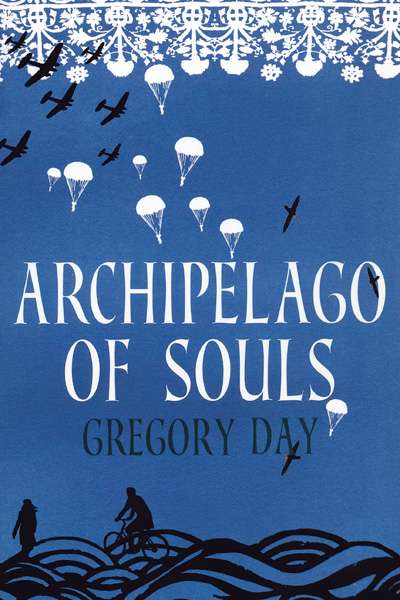


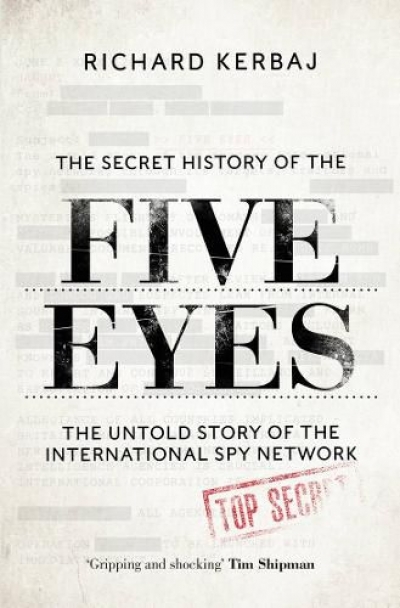

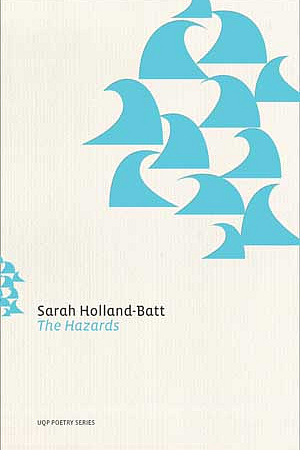

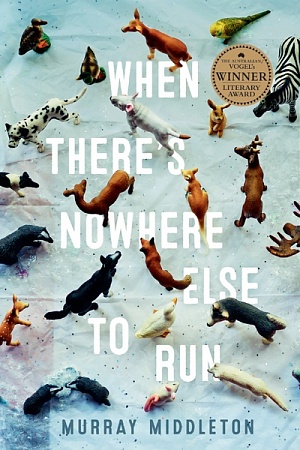
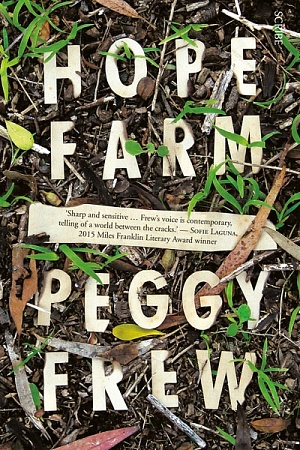
Leave a comment
If you are an ABR subscriber, you will need to sign in to post a comment.
If you have forgotten your sign in details, or if you receive an error message when trying to submit your comment, please email your comment (and the name of the article to which it relates) to ABR Comments. We will review your comment and, subject to approval, we will post it under your name.
Please note that all comments must be approved by ABR and comply with our Terms & Conditions.